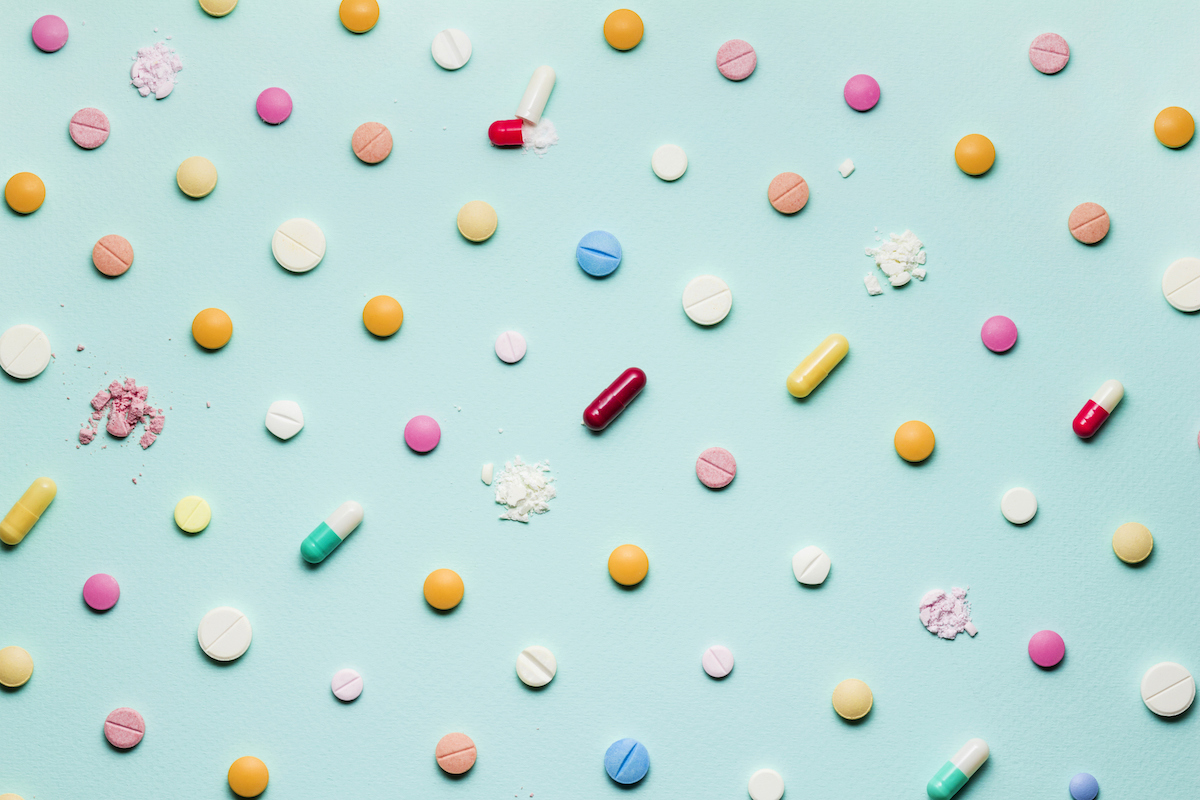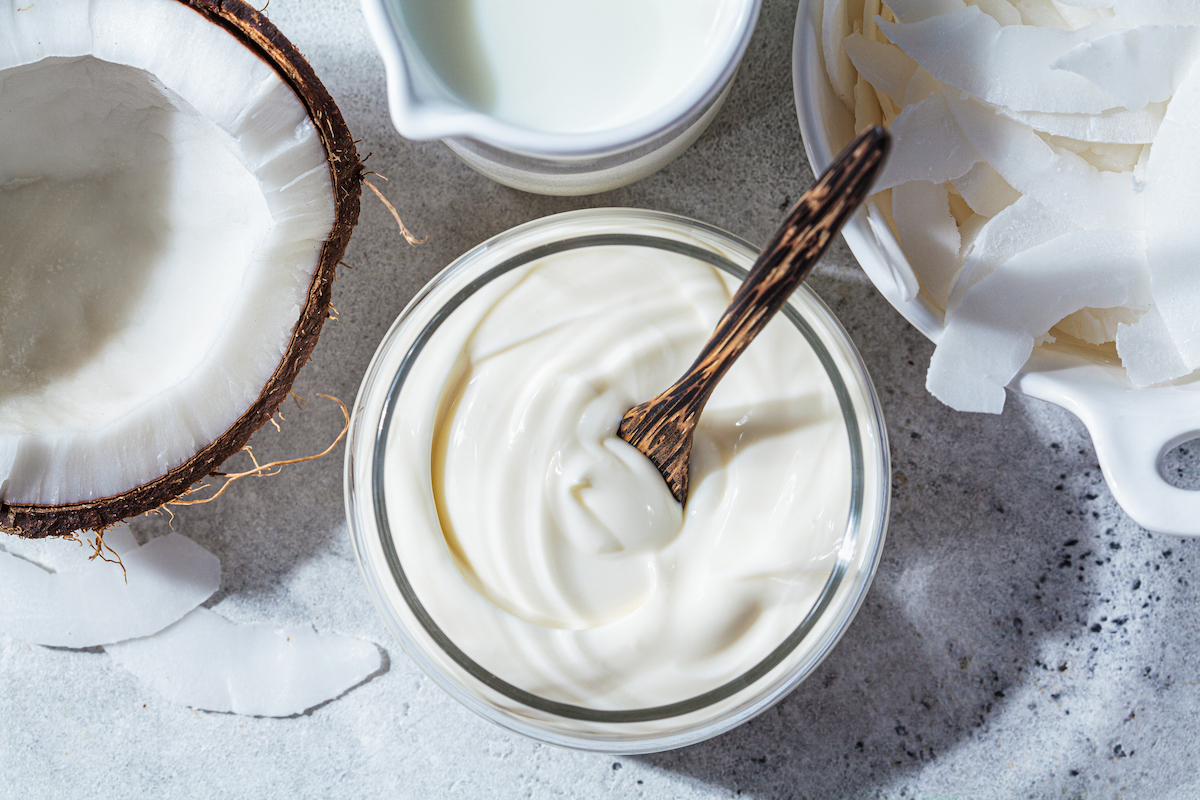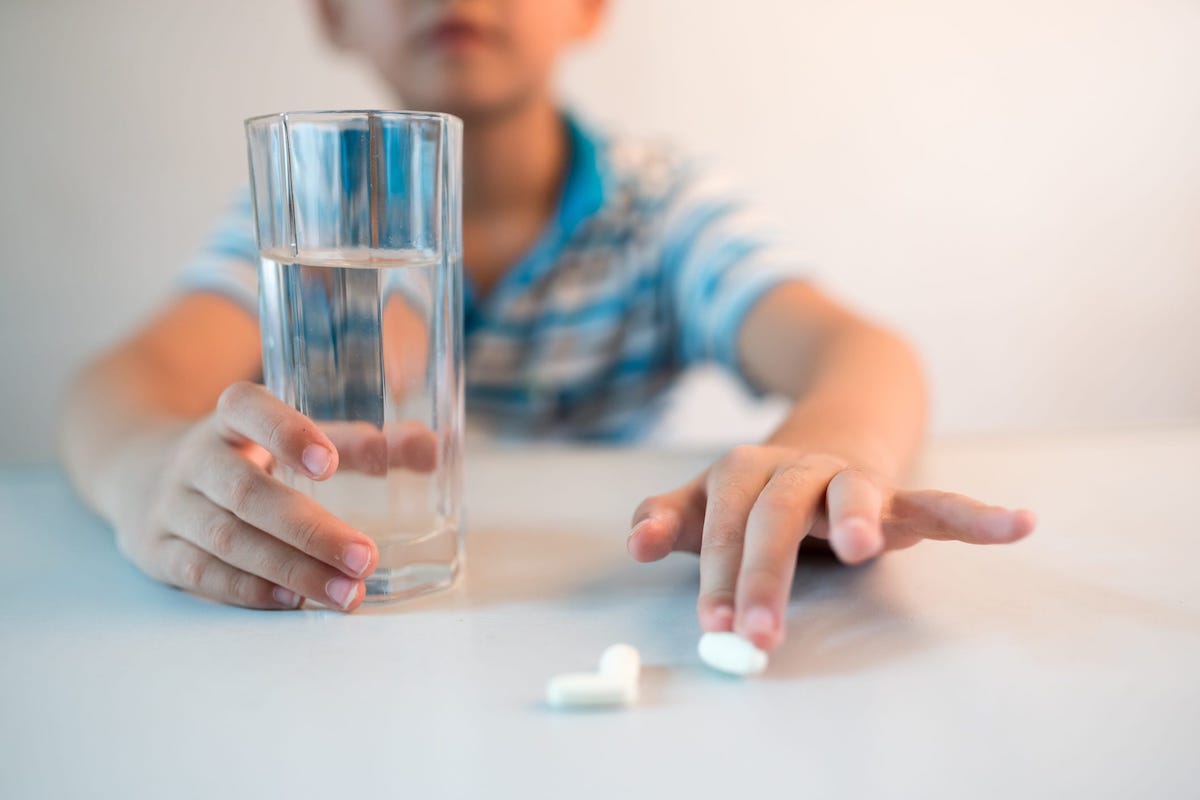I tested positive for group B streptococcus (GBS) in my first pregnancy. I am pregnant again and heard that eating probiotic-rich foods can help decrease GBS. Is there data supporting this? If so, can I just take a probiotic vitamin? I was also told fermented foods are best for this, rather than just yogurt. Is this true?
—Skeptical of probiotic power
Group B strep is an anaerobic organism that is part of the human microbiome. It’s commonly found in the GI tract of humans, and can get into the vagina from there in some people. In pregnant women in particular, globally about 20% have group B strep colonization. For most people, this is asymptomatic and does not cause a problem.
However: during a vaginal birth, group B strep can be transmitted to the fetus. About 50% of exposed fetuses will be colonized by group B strep, and of those, 1% to 2% will develop what is called early-onset group B streptococcus disease, or EOGBSD. This is dangerous and can cause illness and even death in a newborn.
For this reason, pregnant women in the U.S. are generally tested for group B strep near the end of pregnancy and, if found positive, treated with antibiotics during labor. Such treatment is extremely effective, and its use over time has dramatically lowered the number of babies born with EOGBSD. This is good news, and it’s great to have this treatment available. First best, though, is to avoid group B strep during pregnancy.
Which brings us to your question about probiotics. There are reasons to think that probiotics might impact group B strep. One main reason is the observation that women with higher levels of beneficial probiotics have less group B strep. This could, however, be due to a variety of factors. To evaluate this, we need … randomized trials!
This meta-analysis reports on several studies, including three randomized controlled trials of probiotics for the prevention of group B strep. The studies are all small, and it’s hard to combine them because they are run on slightly different populations and with different protocols. Overall, the results are underwhelming. Focusing on the three randomized trials, two show a decrease but not a significant effect and one shows a significant decrease. The authors conclude that there might be an effect but that it is likely small.
This isn’t a magic bullet. On the plus side, though, there is no downside to probiotics, and these trials are run with probiotic pills. Which also may have some beneficial effects on your poop. So it’s worth a try! But not a substitute for being tested and treated if you are positive again in this pregnancy.


















Log in